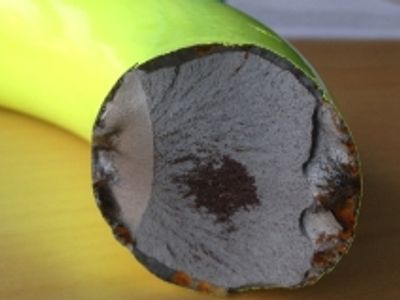Du är inte inloggad på KTH så innehållet är inte anpassat efter dina val.
Från och med den 1 juni 2025 upphör möjligheten att redigera innehåll i kurswebben och studenter slutar bli inlagda. Redan existerande material kvarstår.
Läs mer här: Kurswebbens solnedgång den första juni

This course can be followed digitally and/or physically and covers fatigue theory, experimental planning and engineering fatigue design using FEA. Lectures and Home assignments on: Fatigue design, fatigue of welded structures, fatigue of 3D printed parts, Environmental effects on fatigue and fatigue crack growth.
The course is based on theory and observations on the onset of fatigue. The focus is on engineering methods for assessing the fatigue risk and compuation of expected life, including the impact of the environment.
The course contains:
The course purpose is for the participants to understand the onset of fatigue, the damage process for fatigue, be able to use different tools and methods to design against fatigue, determine the risk for failure and determine the expected component life.
After course completion, the participants should be able to:
English B / English 6
Completed course that has provided knowledge equivalent to the content in one of the basic courses in Solid Mechanics SE1010, SE1020 or SE1055.
Compulsory home assignments, HEM1, 6hp
Voluntary exam, TEN1, 0hp
Compulsory home assignments gives Grade C, D and E as well as Bonus Points to the Voluntary Exam.
Voluntary exam gives Grade A, B, C, D, E, FX and F